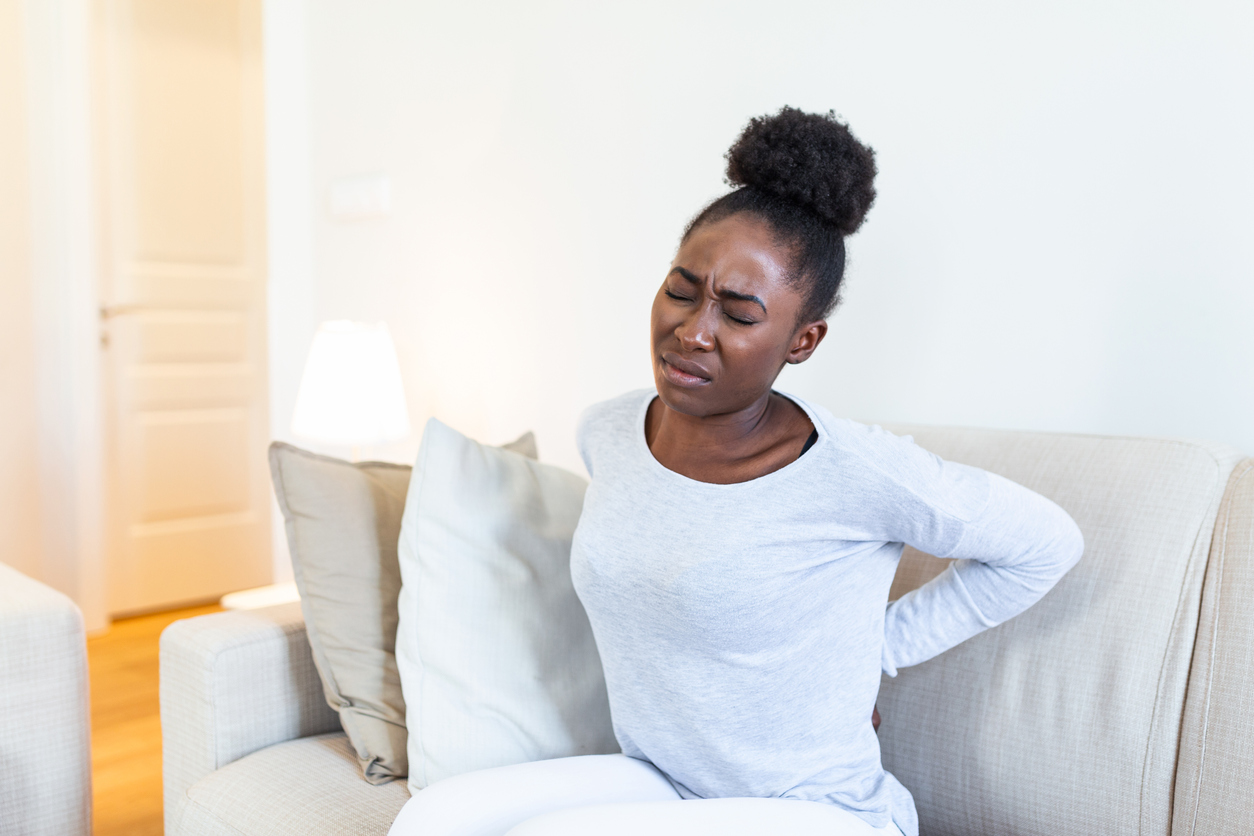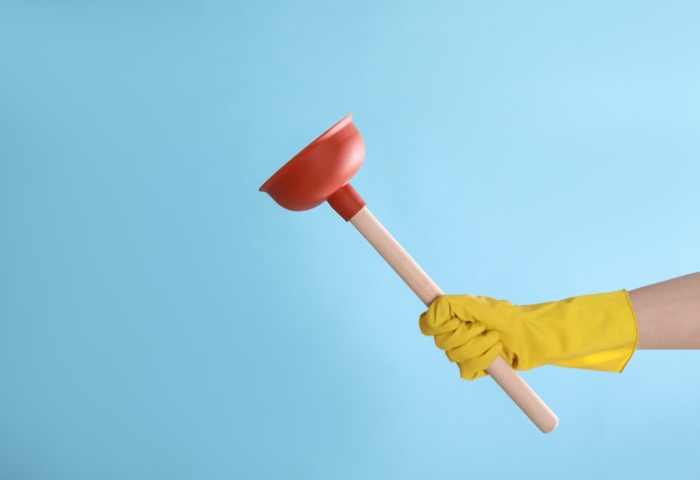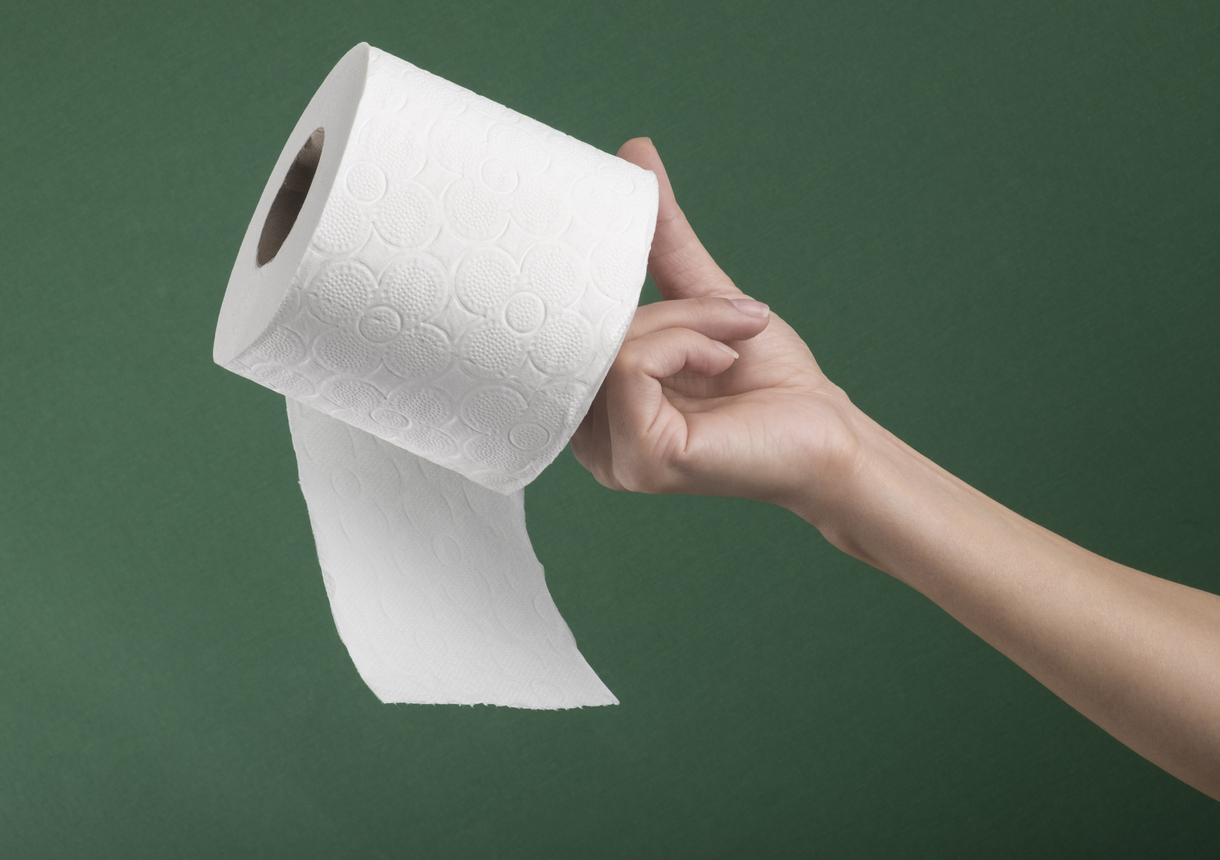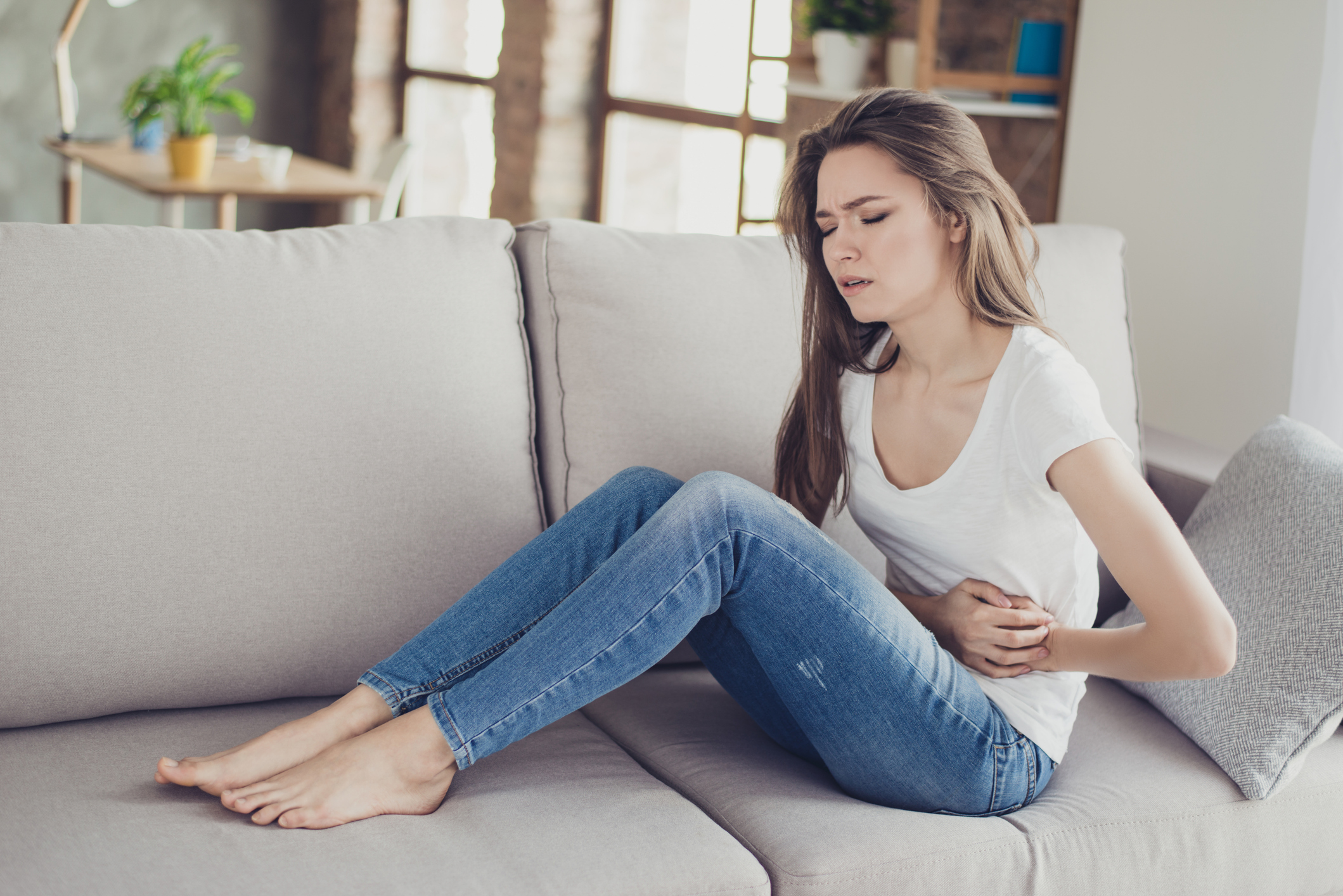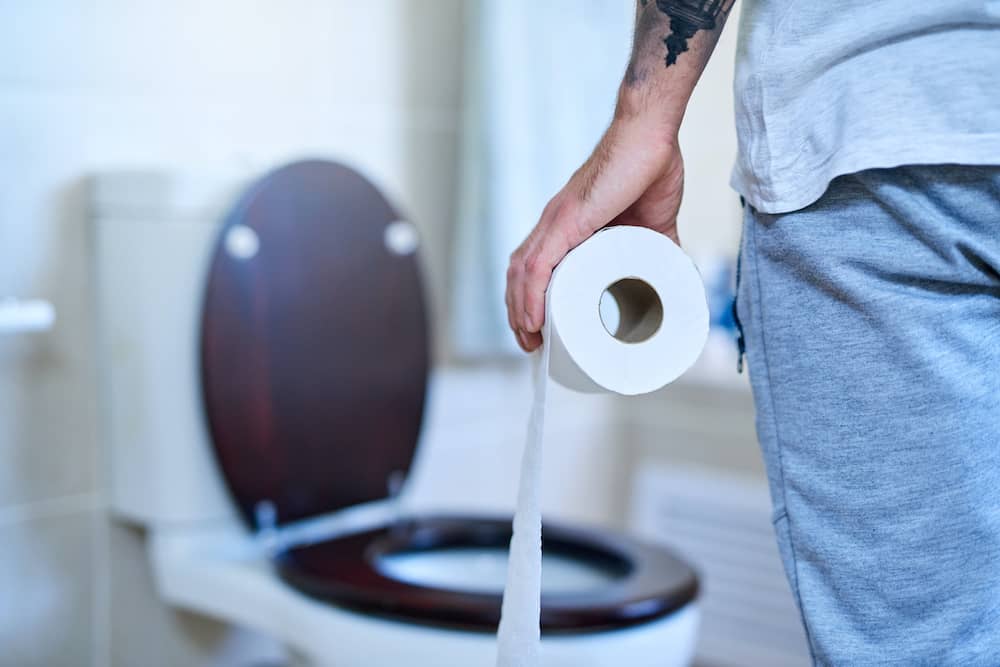If you have constipation, you’ll already know that it can be an uncomfortable condition.
People with constipation often find it hard to pass stool, have to strain to go to the toilet or poo less than 3 times a week.
Although constipation can sometimes last for a long time, there are things that you can do to ease your symptoms - without turning to laxatives or supplements.
Self-care for constipation
Constipation can often be treated by making small changes to your diet and lifestyle.
Do 30 minutes of physical exercise each day
If you spend your working day sitting at a desk, getting up and moving around could help to relieve the symptoms of constipation.
According to the Canadian Society of Intestinal Research, exercise helps to stimulate your the muscles in your intestine. This encourages food to move through the bowels.
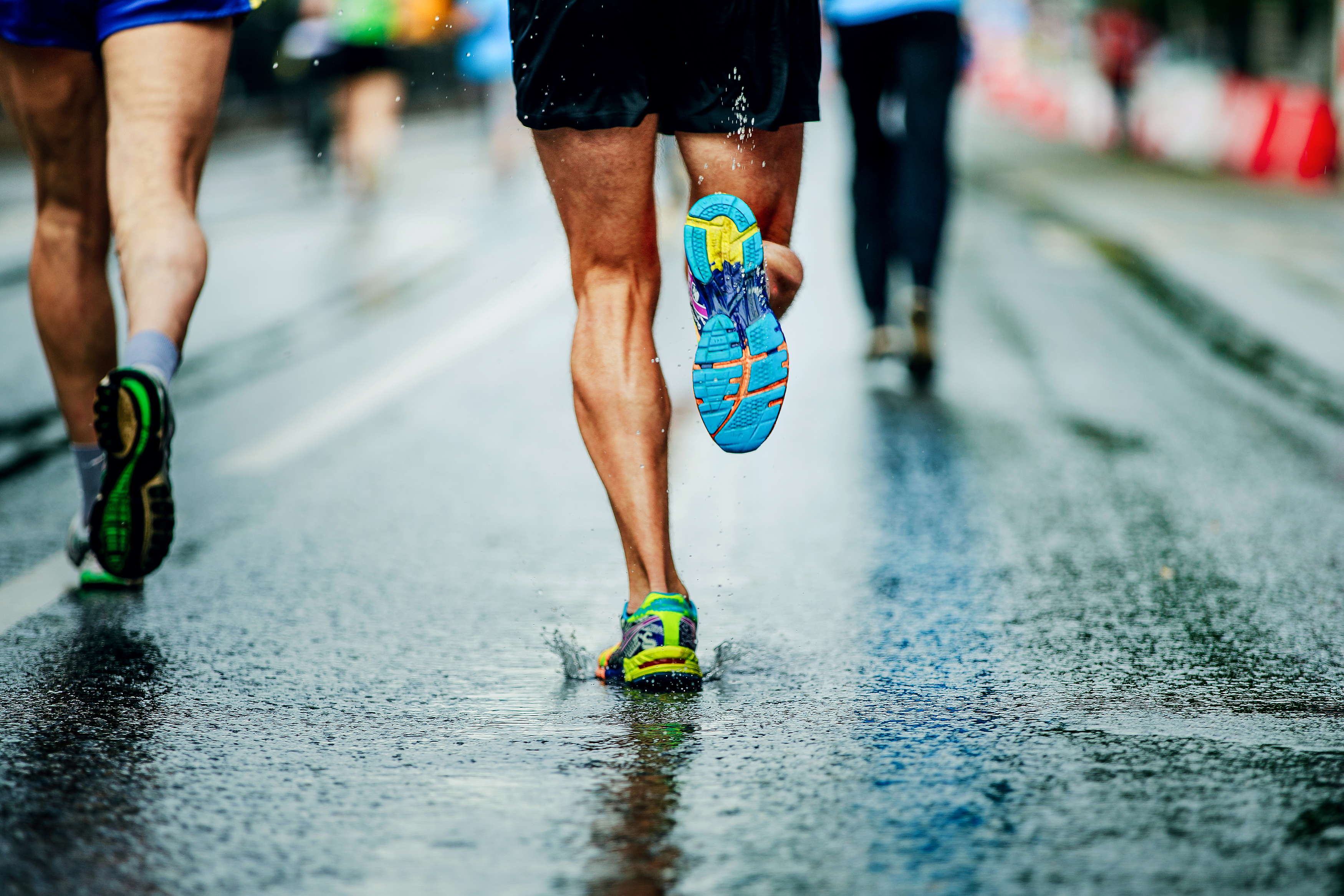
Go to the toilet when you need to
Some people feel uncomfortable about using the toilet in public places. It’s also common to ignore the urge to use the toilet because you’re busy at work or out with your friends.
But it’s important to go to the toilet whenever you need to.
Regularly putting off a trip to the toilet could make constipation worse by:
- increasing the amount of time that poo spends in your colon — the longer it's there, the more water it loses, becoming harder and more difficult to pass
- training your body to ignore the signals that tell you when it is time to poo
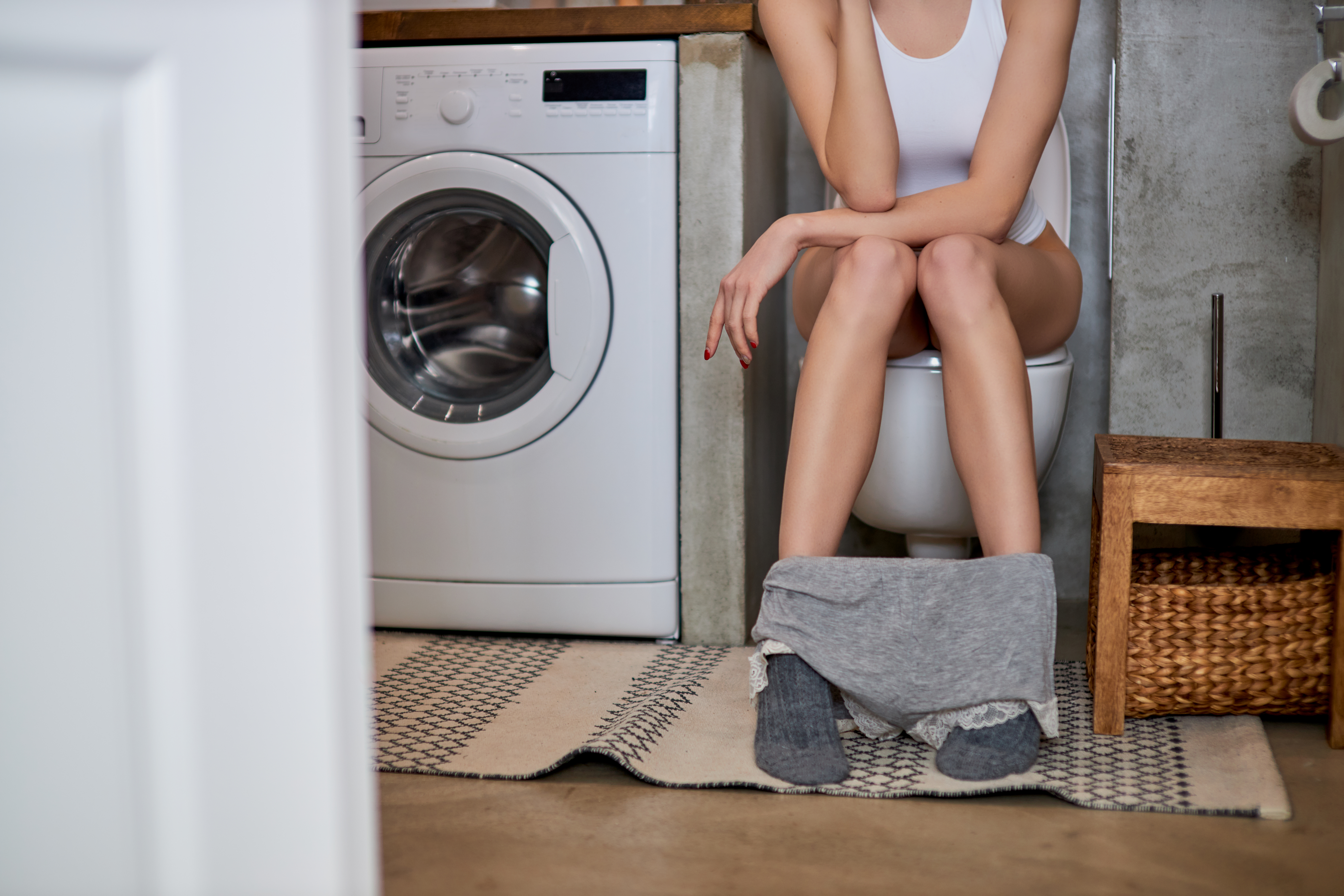
Rest your feet on a low stool
You may also find that it helps to prop your feet up on a low stool, large book or another solid object when you’re trying to go to the toilet.
This is because sitting with your knees up above your hips, leaning forwards and straightening your spine can help you to poo.
Some studies also show that squatting when you go to the toilet may help to relieve constipation, but these studies are small, and more research is needed.
Eat more fibre
Eating more fibre can help to treat or prevent constipation, but it can be difficult to add fibre to your diet if you're not used to eating a lot of fruit and vegetables.
Groups like the National Institute of Diabetes and Digestive and Kidney Diseases (NIDDK) recommend slowly adding more high fibre foods like beans, peas, lentils, apples, carrots and broccoli to your diet.
But you can also try eating high-fibre breakfast cereals, such as bran flakes or a cereal that contains shredded wholewheat. Some of these cereals provide up to 24g of fibre per 100g. A bowl of cereal is usually around 30g, meaning these cereals can provide up to 7g of fibre per serving.
You should aim to eat at least 30g of fibre every day.
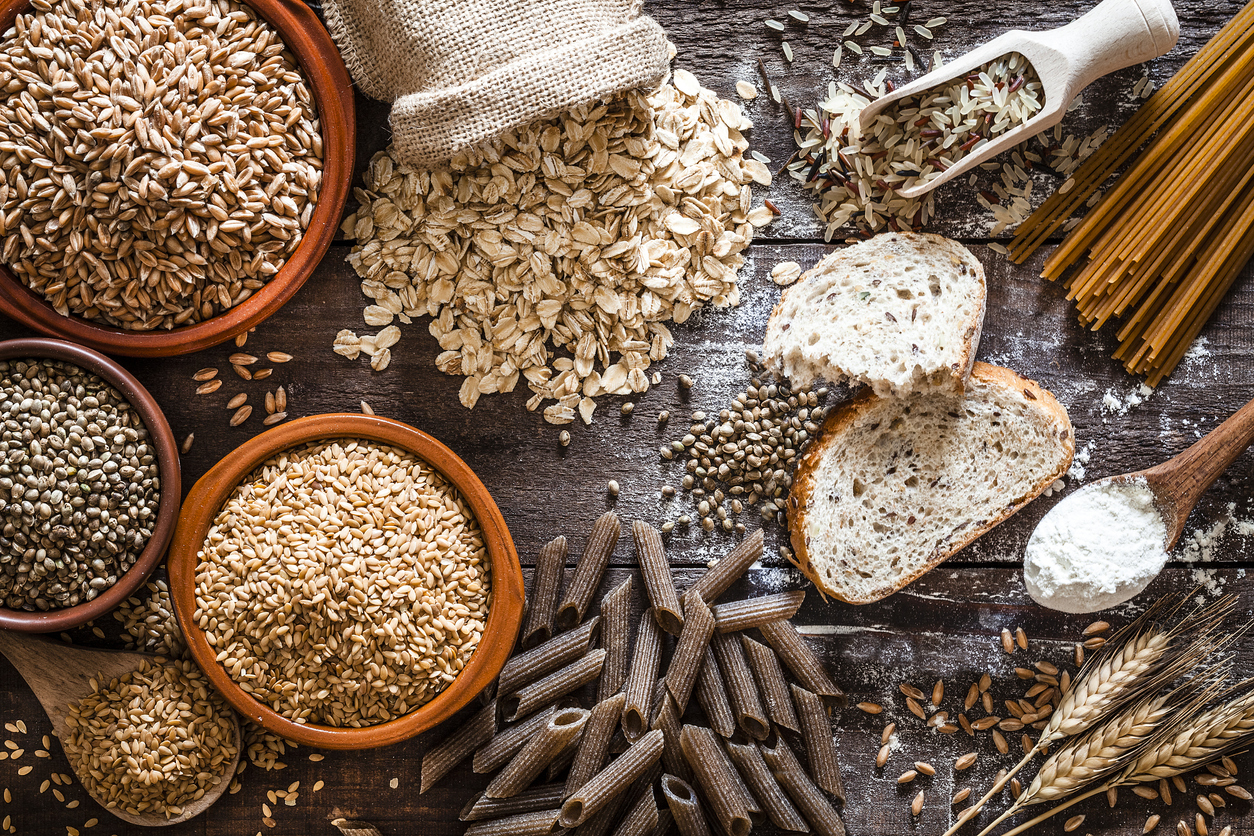
Eat and go to the toilet at regular times
Your bowels are guided by your body’s internal clock. You can get regular bowel movements by following a routine. Moving away from this is more likely to make you constipated.
Try to make sure that you eat food and go to the toilet at the same time each day.
Some experts recommend that you try going to the toilet 15 to 45 minutes after breakfast, because eating encourages your colon to move stool.
But you should pick a time that works well for you and do your best to stick to it every day.


